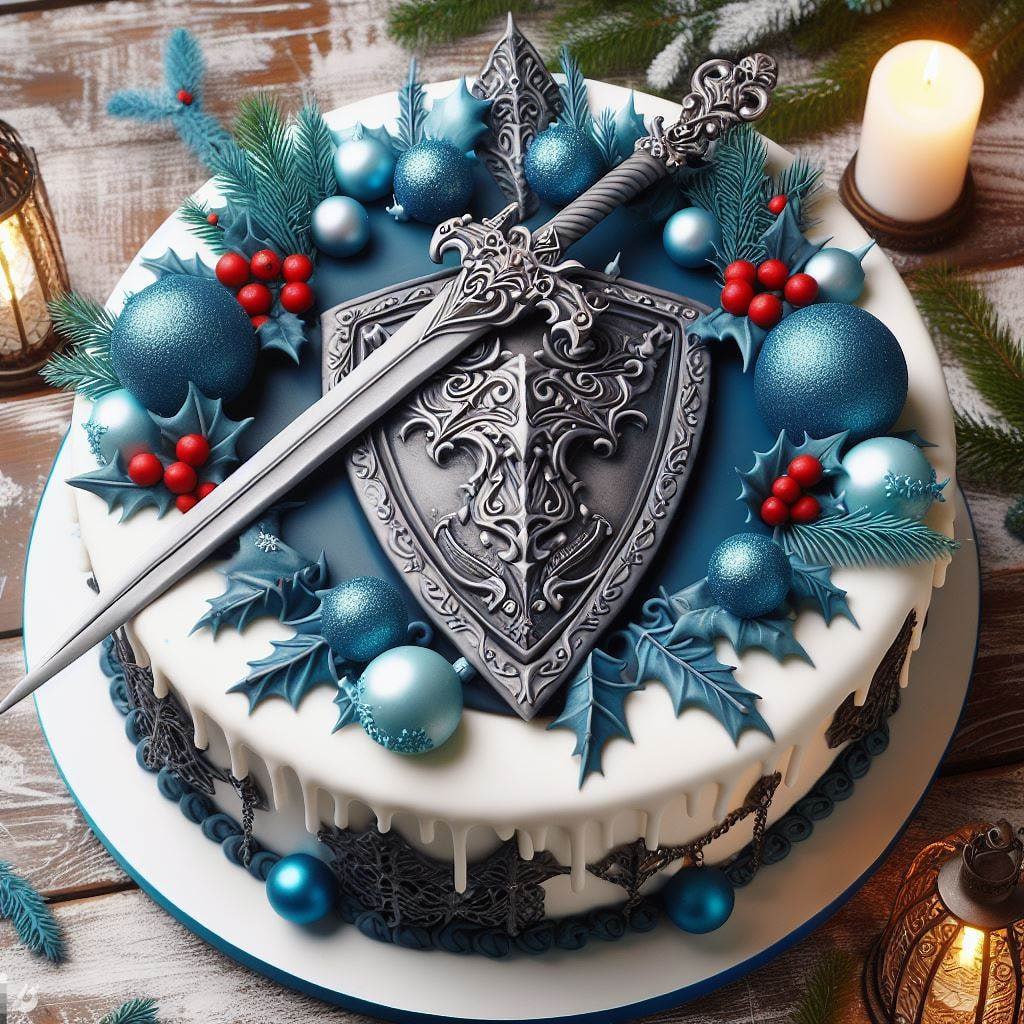Christmas holds a special significance for Catholics, marking the joyous celebration of the birth of Jesus Christ. Beyond the festive decorations and gift-giving, the day is steeped in tradition and rich with religious meaning. Let’s explore how Catholic families celebrate this special day, from the delicious meals shared to the sacred rituals observed.
Festive Feasting:
Christmas Eve and Christmas Day often feature special meals that bring families together. Traditional dishes vary across cultures, but some common Catholic Christmas staples include:
- Roasted turkey: A hearty and flavorful centerpiece, often accompanied by stuffing, mashed potatoes, and cranberry sauce.
- Seafood dishes: Fish like cod or salmon are popular choices on Christmas Eve, symbolizing abstaining from meat in preparation for the holy day.
- Traditional desserts: From fruitcake and stollen to gingerbread cookies and panettone, sweet treats add a festive touch to the celebration.
- Special beverages: Eggnog, hot chocolate, and mulled cider are warm and comforting drinks enjoyed during the holiday season.
Sharing the Feast:
The Christmas meal is more than just sustenance; it is a time for families to gather, share stories, and express gratitude for their blessings. The act of sharing a meal together strengthens family bonds and creates lasting memories.
Sacred Rituals:
Catholic Christmas traditions are deeply rooted in faith and devotion. Some key rituals include:
- Midnight Mass: A solemn and celebratory service held on Christmas Eve, commemorating the birth of Jesus Christ.
- Nativity scene: Creating and displaying a nativity scene, depicting the manger scene with figurines of Mary, Joseph, baby Jesus, and animals, is a common tradition.
- Advent calendar: This special calendar, often filled with chocolates or small gifts, marks the days leading up to Christmas, encouraging anticipation and reflection.
- Christmas carols: Singing traditional and contemporary carols is a joyful way to celebrate the birth of Christ and express faith.
- Exchanging gifts: Giving and receiving gifts symbolizes the generosity and love associated with the Christmas season.
Beyond the Festive Cheer:
While Christmas is a time for joy and celebration, it also serves as a reminder of the importance of faith, charity, and compassion. Many Catholics participate in acts of service, such as volunteering at soup kitchens or donating to charities, to reflect the spirit of giving and helping those in need.
Christmas for a Catholic is a multi-faceted experience:
- It is a time for feasting and celebration with loved ones.
- It is a time for honoring traditions and participating in religious rituals.
- It is a time for reflecting on the birth of Christ and its significance.
- It is a time for practicing kindness and compassion towards others.
By embracing both the festive traditions and the spiritual significance of the day, Catholics create a truly meaningful and enriching Christmas experience.
Remember:
- Each family celebrates Christmas in their unique way, incorporating their cultural traditions and personal preferences.
- The most important aspect of celebrating Christmas is celebrating it with love, joy, and appreciation for the blessings in life.
Shayne Heffernan








